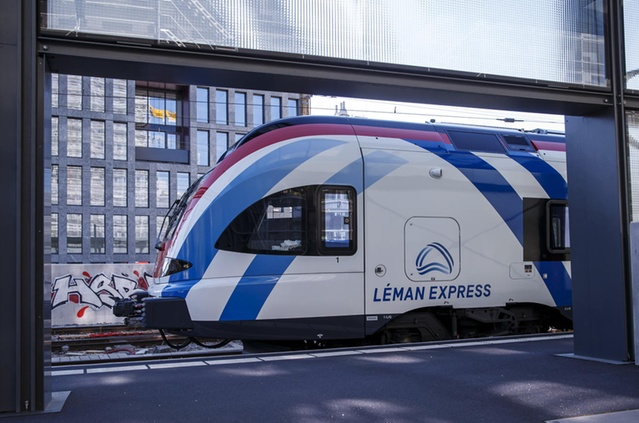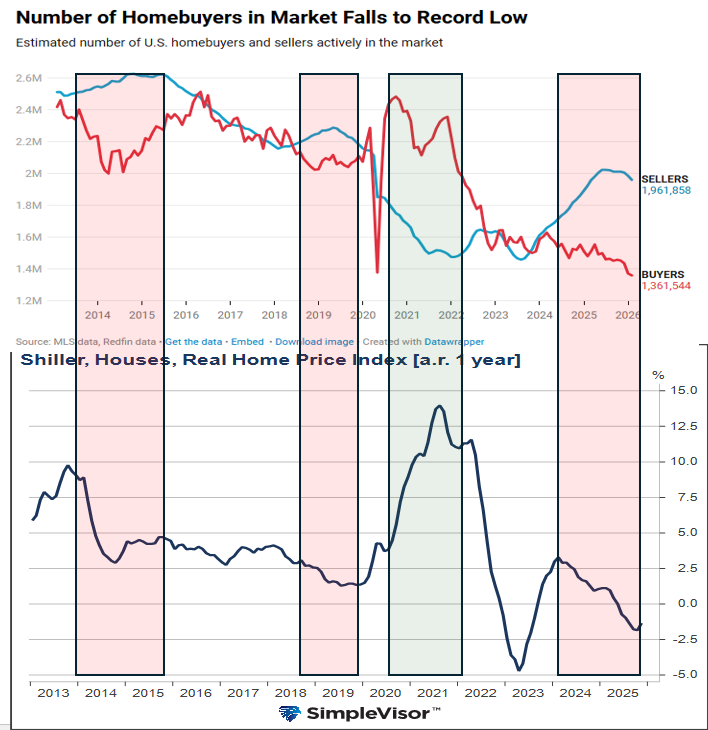
Geneva officials are hoping that the Léman Express cross-border rail network, which is due to be inaugurated on December 15, will revolutionise local mobility and commuting (Keystone / Salvatore Di Nolfi)
Commuters in the Geneva region are becoming increasingly disillusioned with private cars and are embracing “multimodal” forms of transport, a survey has found.
An in-depth survey of commuter behaviour in the Greater Geneva region – covering canton Geneva, the Nyon region in neighbouring canton Vaud, and France – has revealed an increasingly negative attitude towards driving.
In 1994, 12% of respondents described private cars as “polluting” and “expensive”; in 2018, the percentage stood at 33%, the survey by the Swiss Federal Institute of Technology Lausanne (EPFL) found.
Meanwhile, attitudes towards public transport appear to be slowly improving. Half of the people questioned in the 2018 survey were positive about local public transport, compared with 39% in 1994.
The surveyexternal link by researchers at the Urban Sociology Laboratory (LASUR) said commuters had “embraced multimodal transport with open arms”.
“Car, motorcycle and scooter owners are no longer wedded to their vehicles, with most reporting a willingness to use a different mode of transport instead,” it said, adding that most commuters living in France would be happy to leave their vehicle at home if viable alternatives were available.
Geneva, Switzerland’s second-biggest city, is at a busy crossroads with France and the Alps. Just under one million people live in the city and the extended region known as Greater Geneva. Every day 550,000 people cross Geneva’s borders with France and Vaud, most (83%) in private cars.
Rail network
The EPFL survey comes two months ahead of the inauguration of the long-awaited Léman Express cross-border rail networkexternal link on December 15, which officials hope will revolutionise local mobility and commuting.
When it is opened, the train systems of France and Geneva will be connected to create a seamless link between Cornavin, Geneva’s central train station, and Annemasse in Franceexternal link (known as CEVA). Regular regional trains will make the 16km journey in 20 minutes, with one every ten minutes during rush hour. But the cross-city link will form part of the much bigger regional rail network extending into Switzerland and France.
Officials say that when it is built, 240,000 people will live less than 500 metres from a station. They estimate that 50,000 passengers will take one of the 40 Léman Express trains criss-crossing the network every day.
Full story here Are you the author? Previous post See more for Next postTags: Business,newsletter





















